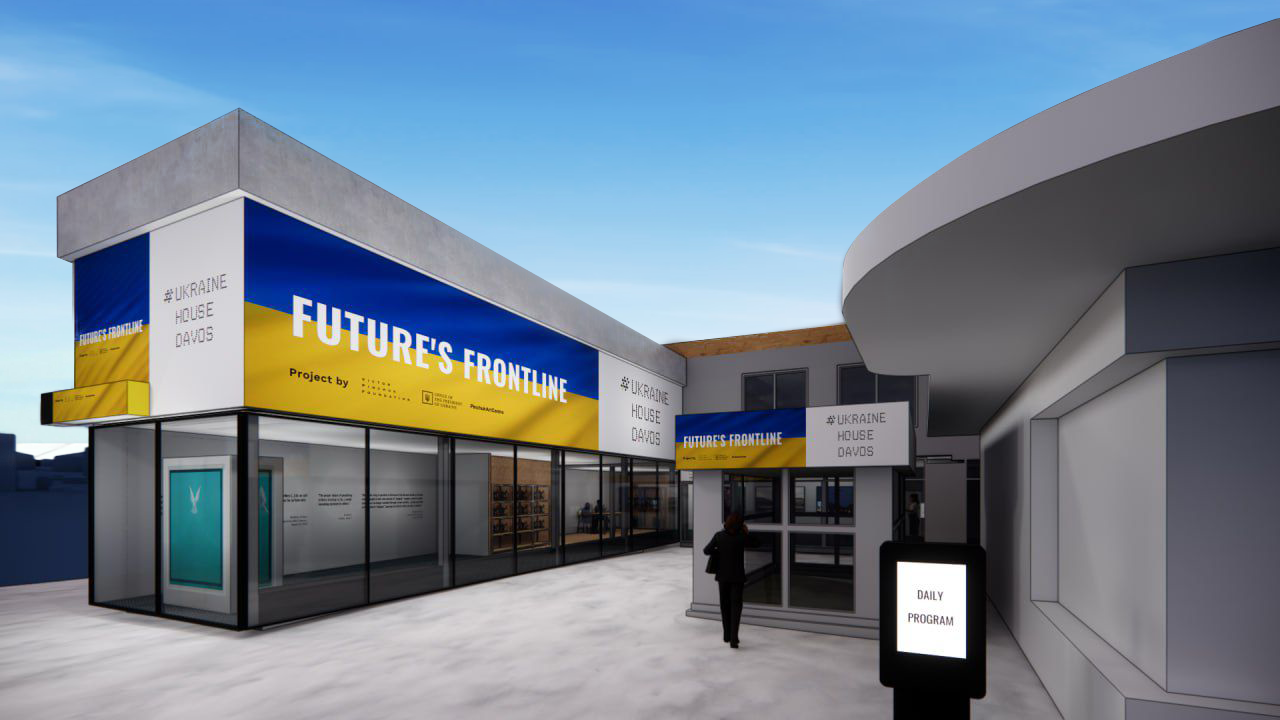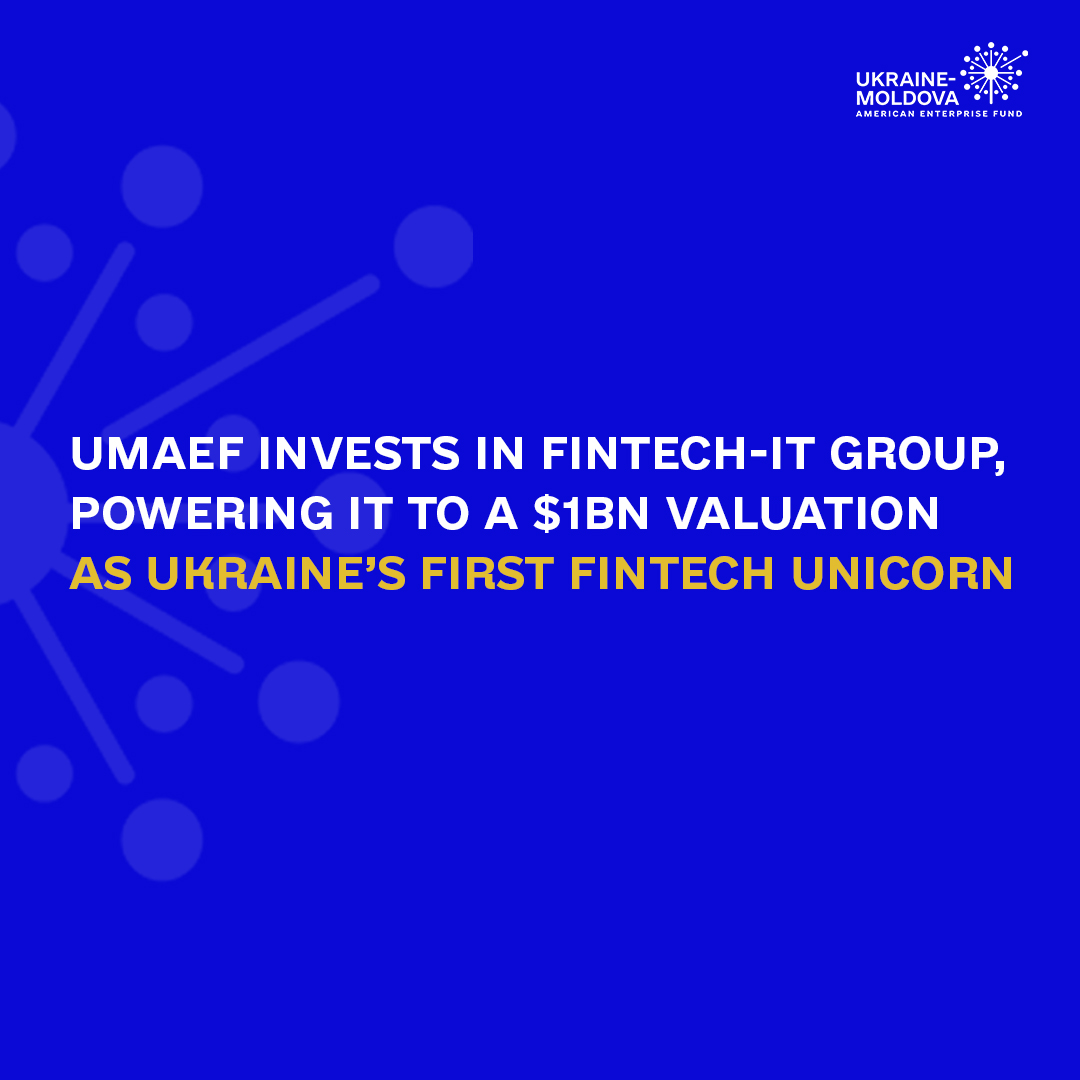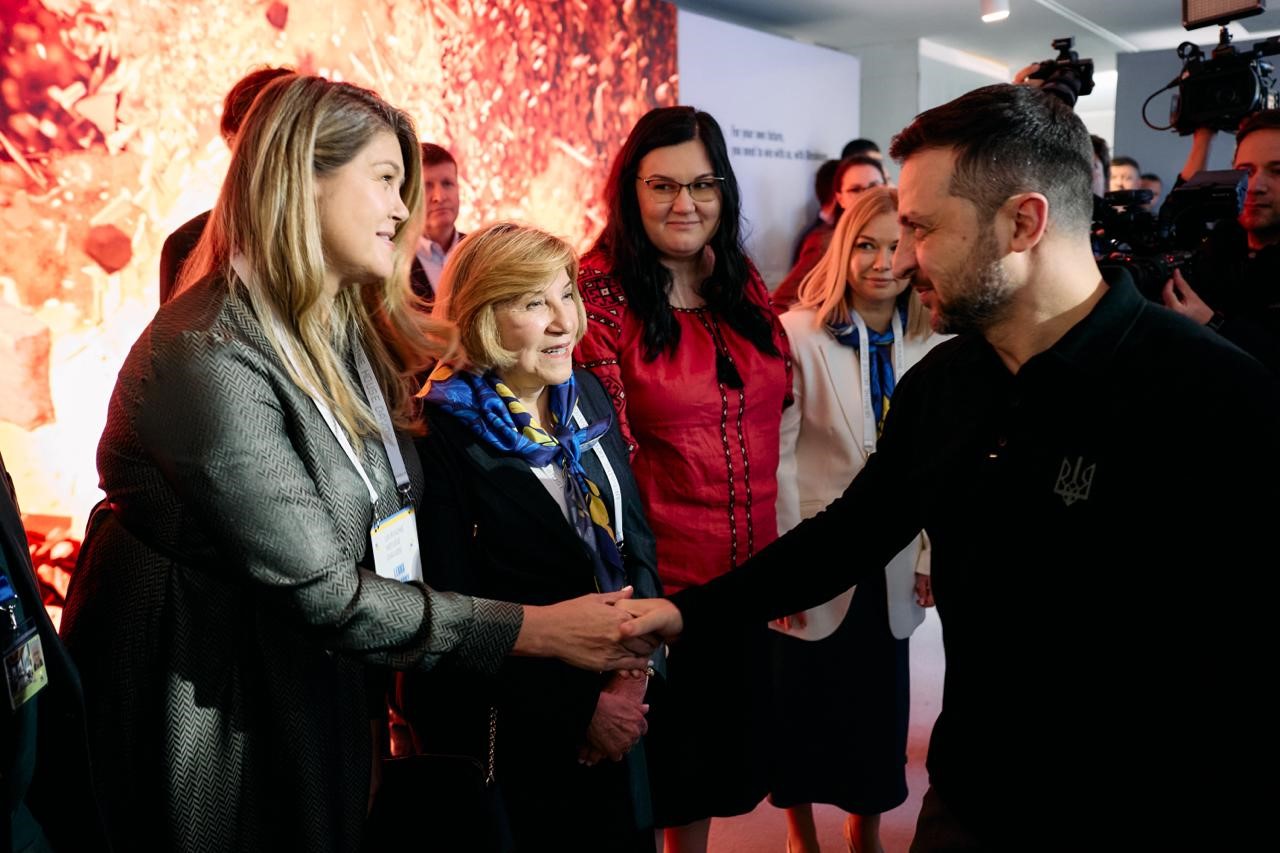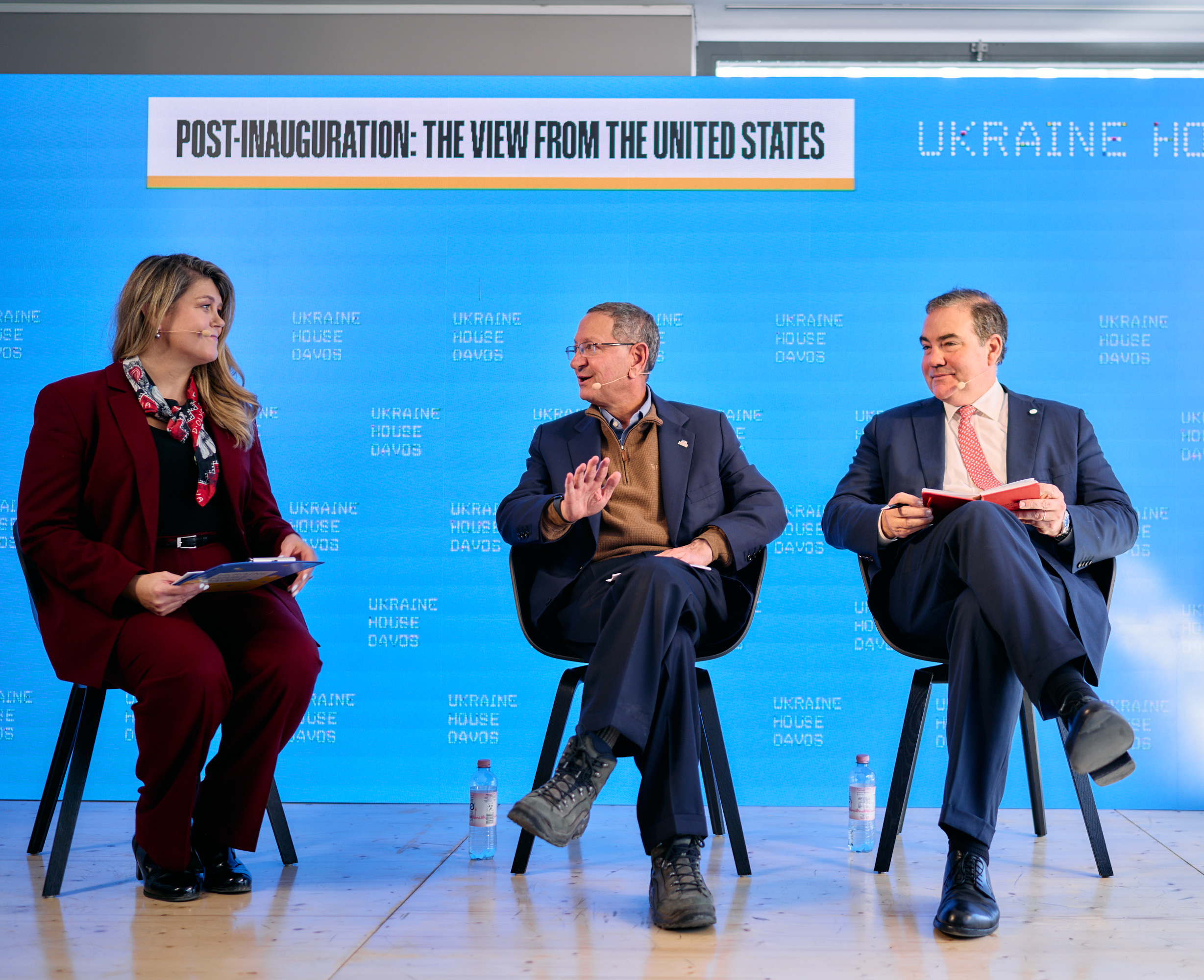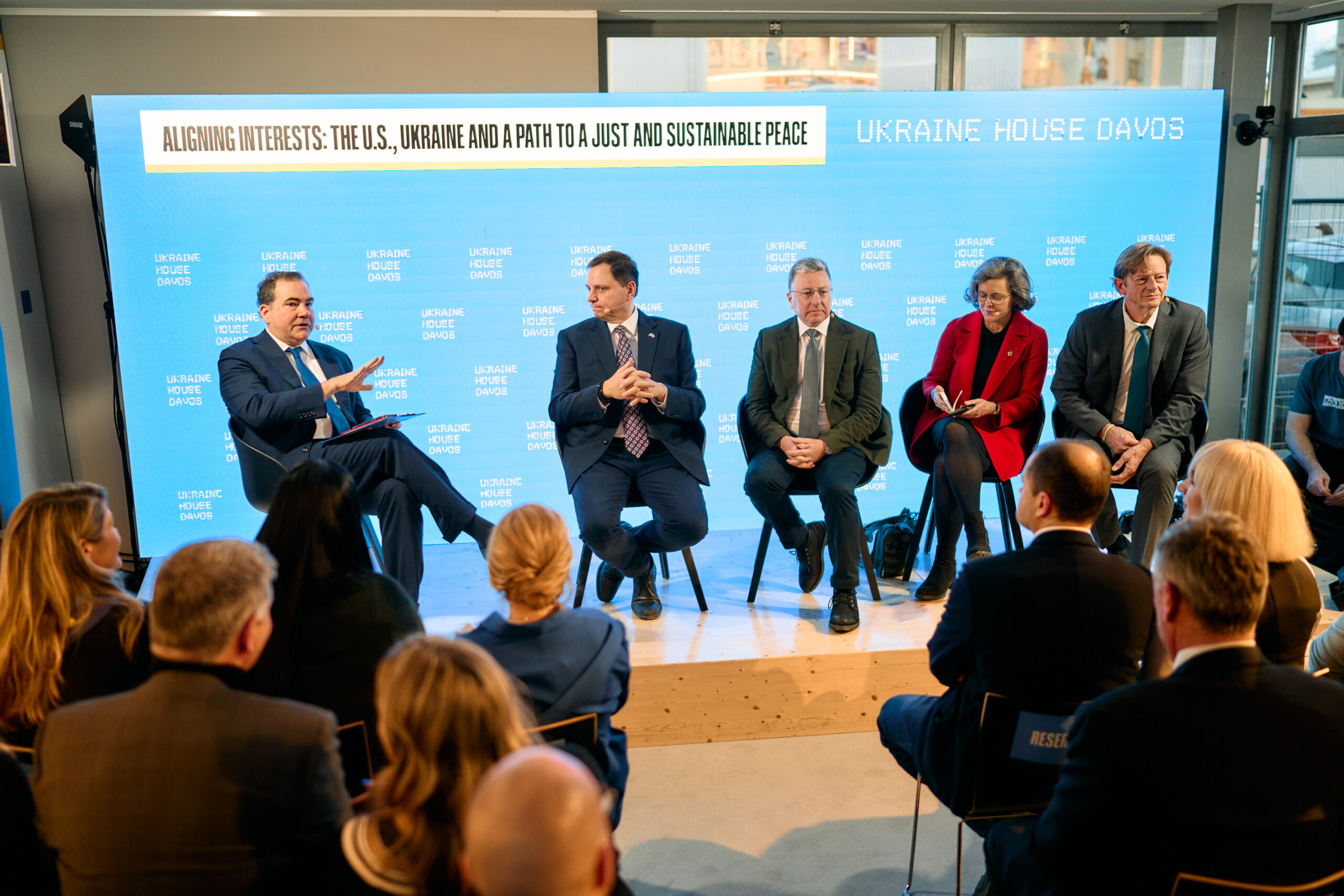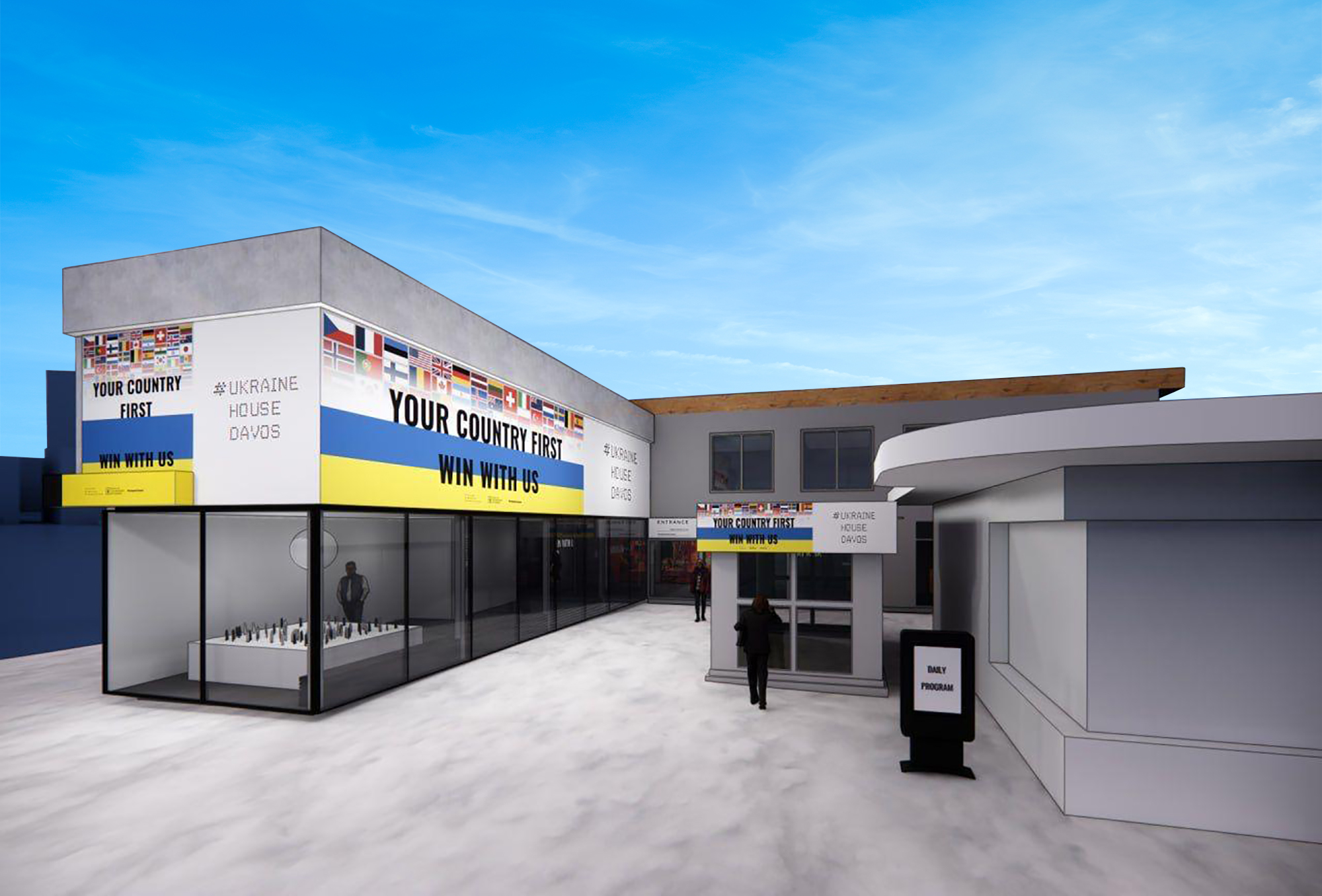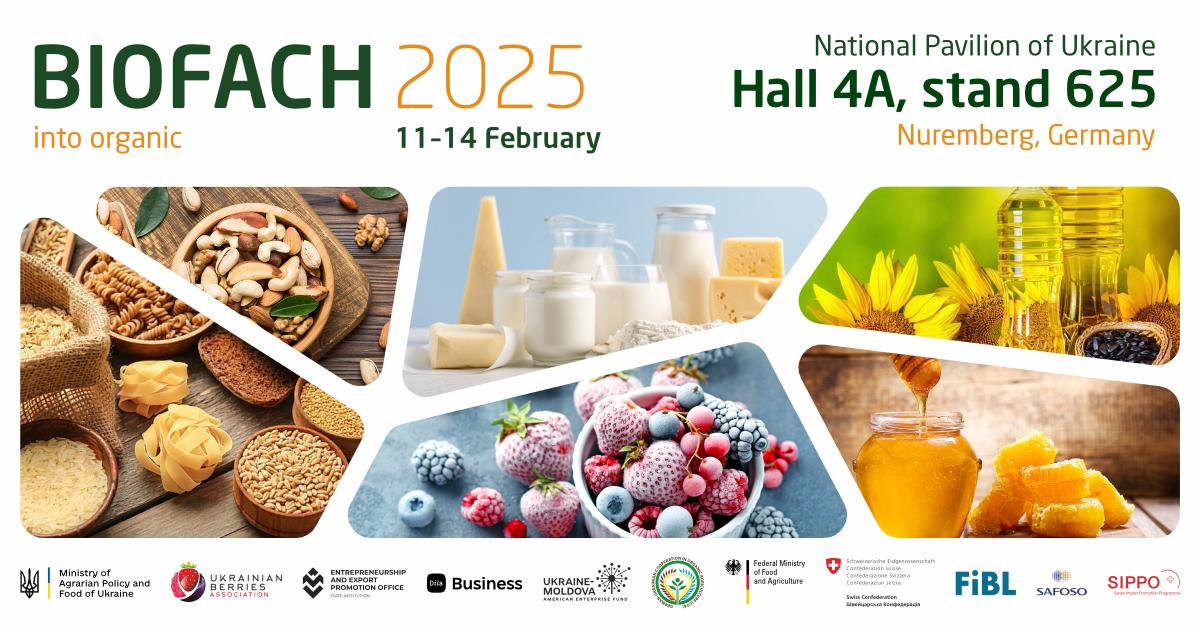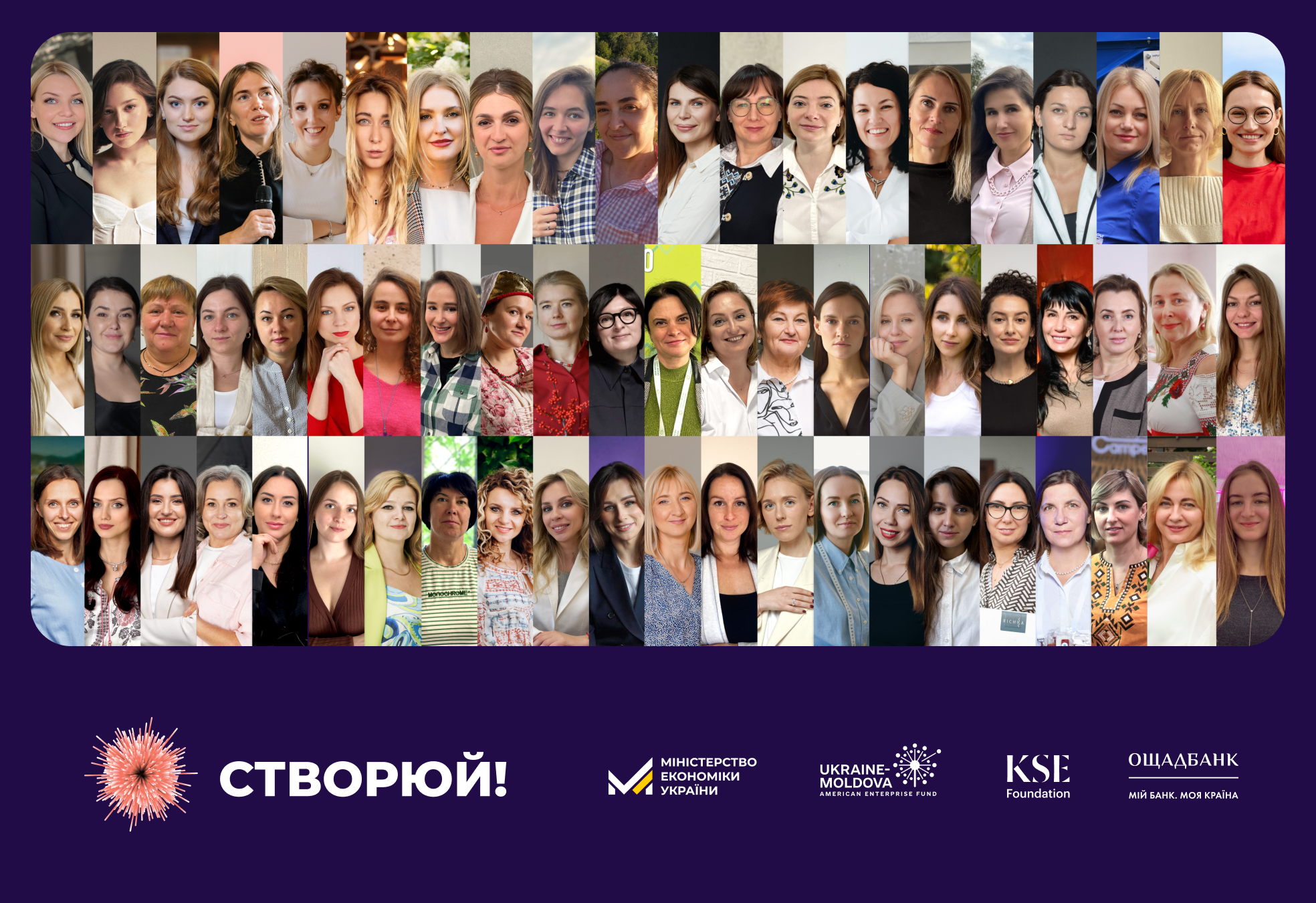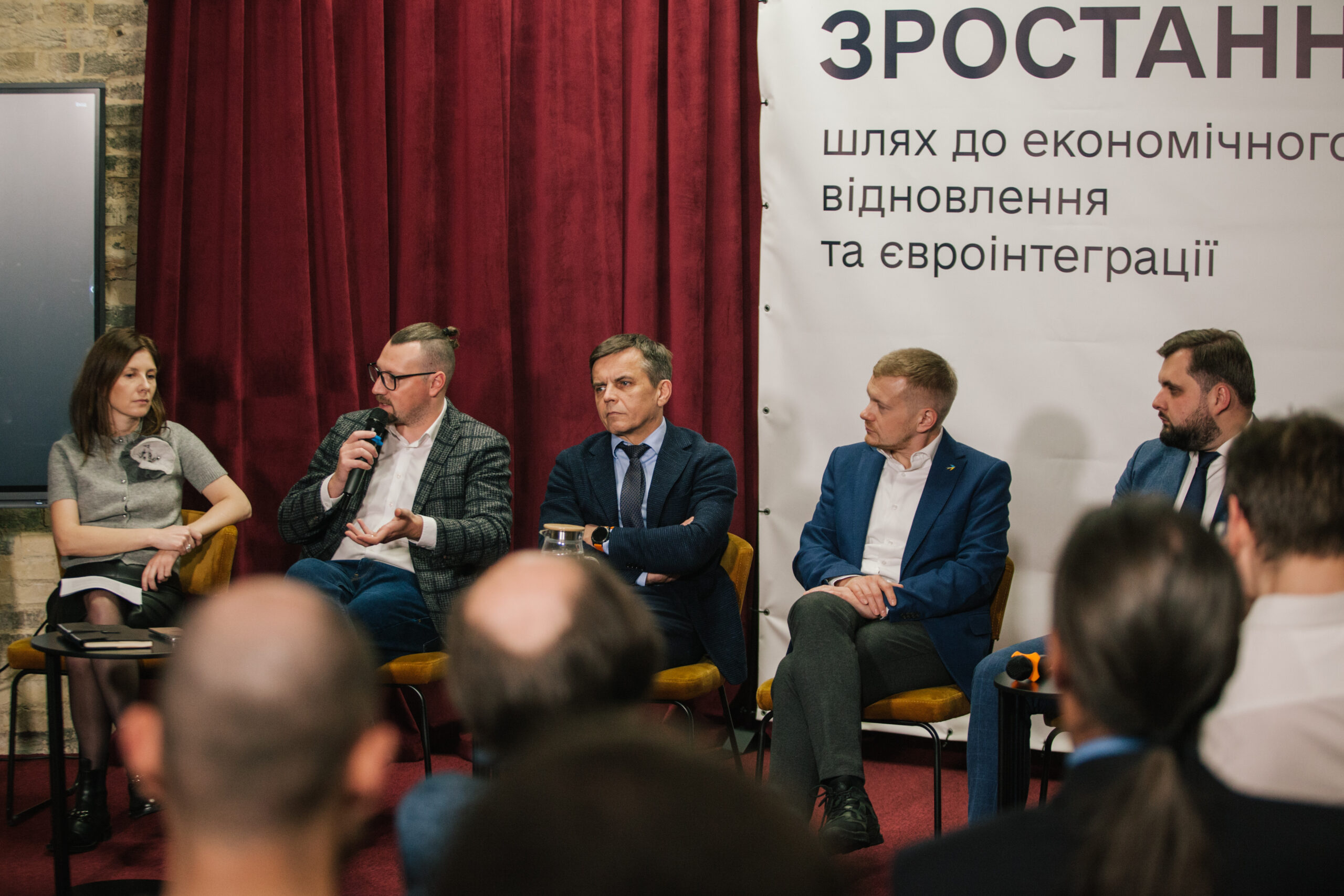24 Dec 2022
5 min
Local Economic Development
Lublin Urban Club: “We want children to know that they are the same city dwellers as adults”
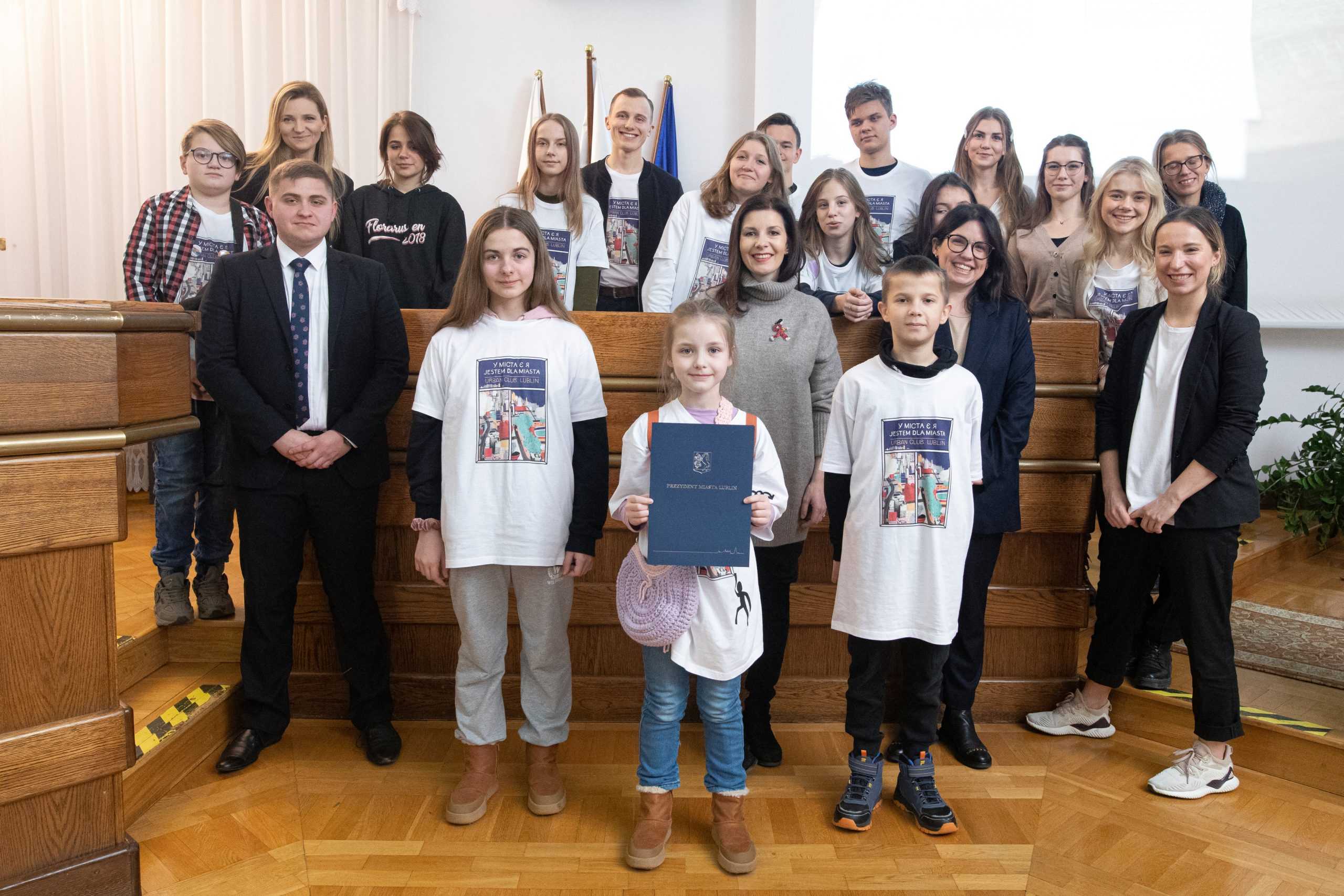
Lublin hosted the pilot Urban Club “The City Is Me” – a series of interactive meetings for children and youth from Ukraine and Poland.
In 2023 Lublin will bear the title of European Youth Capital, which was awarded to Albanian Tirana in 2022. This is not just a mere recognition of the initiatives of local authorities to engage and support young people in the city, it’s more how youth organizations themselves recognize open and effective interaction between stakeholders of urban processes.
Lublin became the city of the pilot Urban Club “The City Is Me” – a series of interactive meetings for children and youth from Ukraine and Poland aimed to introduce kids to urban processes. The participants were children and youth from Poland and Ukraine, in particular from Kyiv, Odesa, Khmelnytskyi, Lviv, Kharkiv and other cities of Ukraine, aged 9 to 18. The Club is designed so that its participants “live through” at least four different types of experience during 2.5 hours of meeting – from learning interesting theoretical facts to modeling situations, decision-making, designing or co-creating important appeals. During the month, the children met weekly, and the last meeting was held in the Lublin City Hall and featured the city’s Deputy Mayor.
Among the participants of the project there were young residents of Lublin and several Ukrainian cities, namely Kyiv, Lviv, Kharkiv, Odesa and others. Their interaction and joint work on projects for cities became the crucial element of the program. Darii from Kyiv already knows a lot about urbanism, because he went to an architectural school at home. And Dragan from Lublin claims that school is a bit of a waste of time, but he was quite actively involved in the design of his dream school. Maria and Kamila from Kharkiv admit that they miss their hometown, but say that they like Lublin very much. Students from local universities became mentors for the kids, and thus they managed to provide different levels of interaction: between peers, with “older” residents and with experts.
For example, Wojciech Januszczyk, a well-known Polish landscape designer, busted the myths induced by the unfair greenwashing policy, told about green roofs and vertical gardening with ivy walls, wars between urban and wild bees and responsible attitude to green spaces in cities. The expert calls the shrubs the fourth nature. Via simulation game, the participants spoke on behalf of cities such as Oslo, Warsaw, Delhi and Kyiv in a mock meeting of the UN Environmental Commission and even signed a memorandum, and went home with their own potted plants, planted by themselves during the final workshop.
The second meeting was about sustainable urban development: as soon as resources on the planet are exhaustible, consumption should be responsible, waste management and its production in general should be sustainable. The kids analyzed the principles of sustainable development approved by the UN, discussed the development strategy of Lublin, which also includes provisions aimed at ensuring sustainable development of the city and the region. After all, the number of cities on the planet is increasing, and therefore their negative impact on the environment is becoming more tangible for each of us.
Having tested various formats of tasks as part of the school program based on the book “The City Is Me”, which is implemented by schools in Lutsk, Lviv, Kyiv, Slavutych and other Ukrainian cities, the founders of the Urban Club did their best to provide kids with practical experience. Thus, the kids “felt” the economy of energy carriers during an excursion to IKEA, which became a partner of the Club. Today, children from Ukraine value electricity, water and heat more than ever.
Fashion also affects cities. According to some reports, textile waste is the second largest on the planet, and marketing pushes people to buy even more. However, there is always a choice, and a more creative option, promoted by Yasia Khomenko, a Ukrainian designer who, among other things, develops the philosophy of upcycling and gives clothes a second life with specially designed stickers. Yasia developed a unique collection for the Urban Club, and its members modeled its prints as manifestations of being responsible citizens.
Business is an integral part of the development of cities and communities – from a coffee shop and a street terrace to huge corporations. Therefore, during the third meeting of the Urban Club in Lublin, the participants immersed into the concept of city stakeholders, their interaction and influence, tried to learn how to find a compromise during a practical simulation, reviewed examples of social and corporate responsibility of the most renowned global, Polish and Ukrainian companies. They learned more about local and world-renowned companies.
The Urban Club participants met with Jacek Jakubowski, entrepreneurship and creative industry expert of Lublin City Hall, and Monika Krul, Deputy Director of the City Department of Entrepreneurship and Development. The participants were offered an exciting simulation game – negotiations on the relocation of the Ukrainian company Ajax. Divided in groups the children represented the company, the city and the community, evaluated the advantages of attracting such a business to the city, discussed the concerns of the community and came to a common conclusion about the benefits for the city and the community.
“It was hard for me to ask Ukrainian children where they came from. Because I was afraid to hear that they no longer had a home, a school, and even worse – a family. But we could not avoid the topic of war and restoration, so we focused on the restoration of schools in Ukraine and involved kids as designers,” said Iryna Ozymok, author of the book “The City Is Me” and co-initiator of the Club.
During the last meeting, the children discussed how to improve their schools – from bomb shelters to more trust in teachers, from building creative spaces to barrier-free and green spaces. A recreation area that is home to birds and a relax zone on the school roof; glass-covered gardens and green bus stops – all these were offers of the Club members as part of the project to build their new dream school.
Finally, the participants met with the Deputy Mayor of Lublin, Mrs. Beata Stepaniuk-Kusmierzak, at the Lublin City Hall. In her office she showed not only awards, but also a children’s corner – on Fridays her eight-month-old daughter joins the work on changing the city for the better. Beata jokes that they involve young residents from the first days. All members of the Club got a special merch – a T-shirt with a print depicting the city outside the window, as a reminder that we can act either as indifferent passers-by or as active citizens, involved in urban processes. And an important task for each city is to create effective and efficient mechanisms.
“It is extremely important to give children and youth a sense of their subjectivity in the life of the city. Regardless of their age, they can and should influence the development of their communities, be involved in changes. Urban Club in Lublin is about this. Step by step, from ideas to implementations, from theory to practice, we went through serious adult topics. And the main thing is that we noticed that such work was easy-to-grasp and interesting for the Club prticipants,” – noted Ania Olkhova, the Head of the NGO “Child Effect” and the Club’s co-initiator.
“We want children to know that they are the same citizens as adults. Our dream is to see such clubs in Ukrainian cities as soon as possible, though not in shelters and not during air raids, but after the victory of Ukraine, “- adds Iryna Ozymok.
The inspiration for the Lublin Urban Club finds its roots in the book “The City Is Me” by Iryna Ozymok, and the program was developed jointly with the NGO “Child Effect”. The event was organized by the Lublin City Hall, NGO Child Effect, SKENDE, IKEA and Western NIS Enterprise Fund. Urban Club has become an element of the European Youth Capital 2023. The project is co-financed by Western NIS Enterprise Fund, SKENDE and Lublin City Hall.

